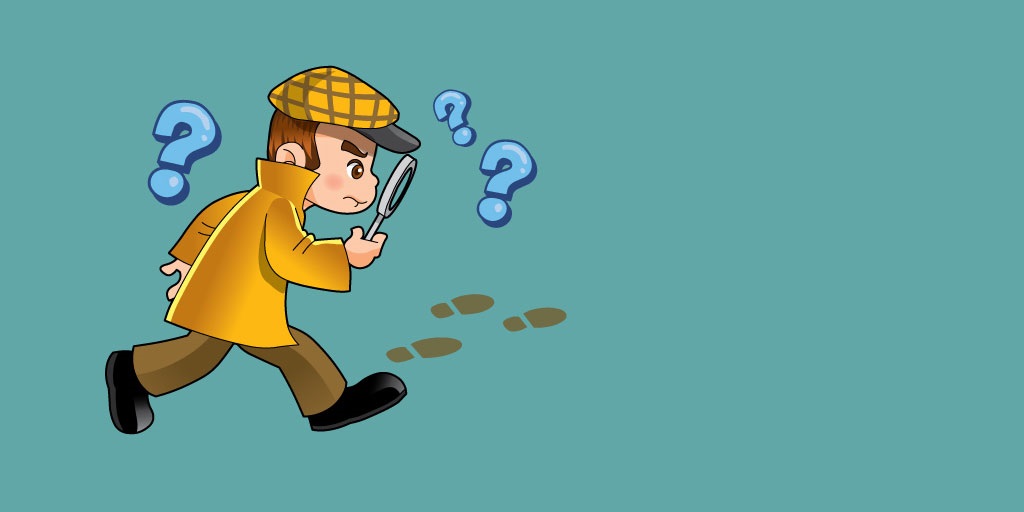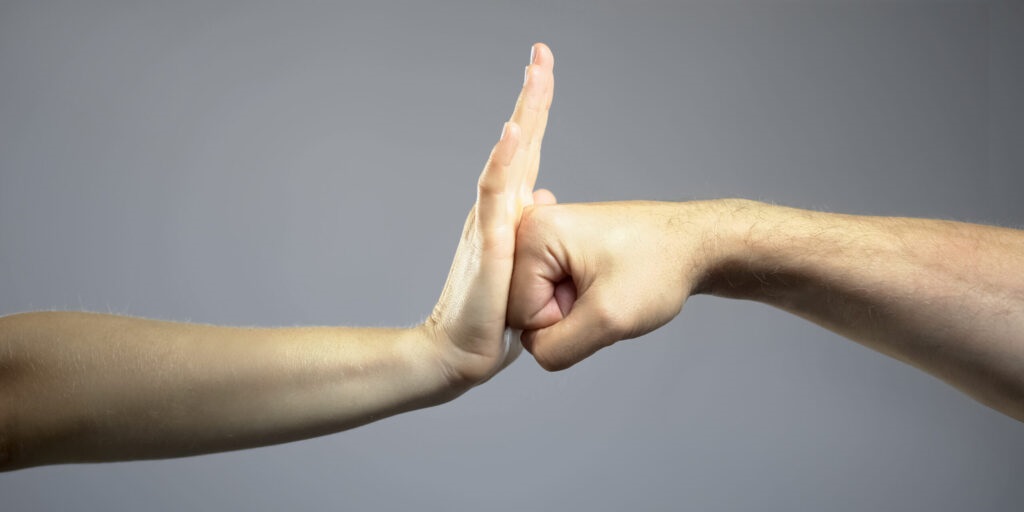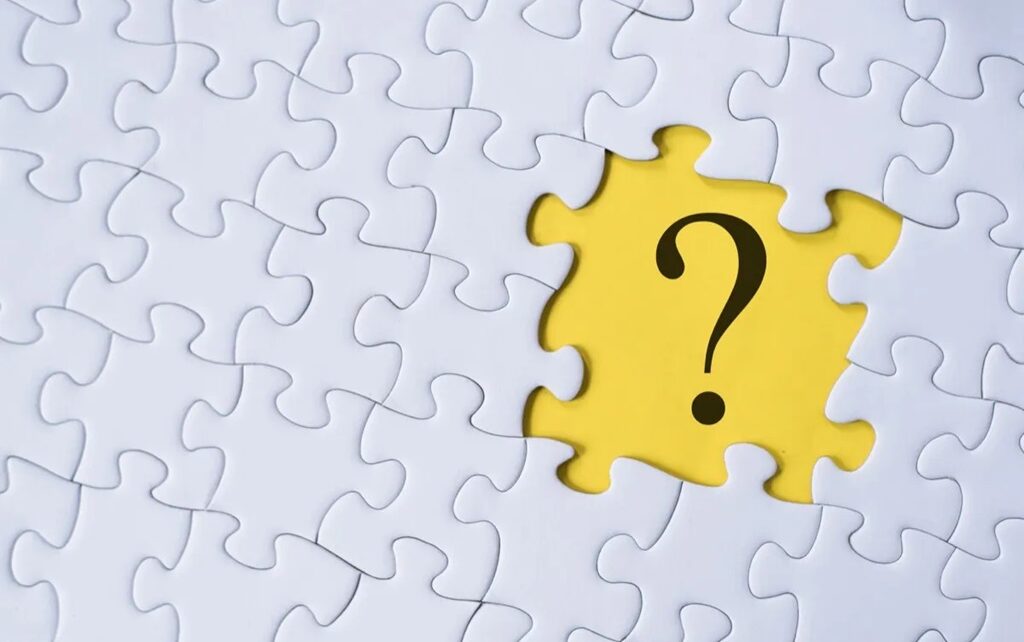Have you ever come across a perplexing riddle that stops you in your tracks? One that seems so simple yet leaves your mind tangled in knots as you wrack your brain for the solution? That, my friend, is the mark of a good riddle. It draws you in with an intriguing premise and doesn’t let go until the “a-ha!” moment finally hits.
The riddle “What has hands but cannot clap?” is one of those delightfully frustrating brain teasers. At first glance, it seems easy enough to solve. But those four simple words conceal a mystery that has stumped many an imaginative mind. Well, fret no more! The following article will unravel this riddle and explore the fascinating world of handless clappers.
Delving Into The Deep End of The Riddle
Let’s break this riddle down step-by-step:
- It’s asking what has “hands.”
- But cannot “clap.”
So we’re looking for something with hands or hand-like parts that cannot come together in applause. That certainly leaves a lot of possibilities open!
My mind first jumped to a clock. The clock face has hands that circle around but never meet to clap. Could the answer be so simple? Not quite. The riddle specifies “has hands,” not “has hands on a clock face.” We want something more literal.
Maybe it’s a person without arms? But even an armless person could clap by bringing their wrists or stubs together. So, that guess misses the mark as well. There must be something obvious we’re overlooking.
I decided to get more creative with my speculation. What about a crab? Their claws sure look like hands. But crabs can clatter their pincers together. Next, I considered a tree. Branches can be hand-like, but trees can sway and rustle their branches together.
As you can see, this simple riddle immediately eliminates any apparent contenders. It forces you to think flexibly about what constitutes “hands” and how clapping works. I was determined to crack the case and pondered from new angles.
Consulting The Clues of Context

Part of solving a riddle involves understanding the context around it. Looking at the words themselves will only get you so far. You have to interpret the intent and meaning behind them.
Let’s examine a few contextual clues:
- It specifically says, “cannot clap,” not “does not clap.” Therefore, whatever the answer is, it must inherently lack the ability or capacity to clap. It’s not about choice but physical limitation.
- The wording eliminates things with metaphorical or abstract hands. We want something tangible. After all, you can’t clap metaphors together.
- While it need not be human, the subject should have anatomical features reasonably described as “hands.” Not just things reminiscent of hands.
- Lastly, if the answer is too obscure, the riddle will be pointless. The solution should, hopefully, be conceivable and accessible.
With these insights in mind, I reflected more deeply on what types of things have hand-like parts that are physically incapable of clapping. And then it finally struck me…
The Clapless Revelation
Of course! How could it have eluded me for so long? The answer to “What has hands but cannot clap?” is…
A clock!
Just kidding. We have already eliminated that possibility. The real solution is:
A cactus!
Take another look at a typical cactus. It has thick, rounded green stems that protrude out like arms. At the ends are clusters of spikes that could be described as spiky hands or fingers.
And no matter how hard a cactus may try, those prickly pseudo-hands will never be able to come together in applause. It’s anatomically impossible! The spikes are fixed in place and lack the skill to move freely.
When you consider it through the lens of the riddle’s clues, a cactus satisfies every criterion:
- It has literal physical “hands” in the form of its thorny extremities
- These spikes are inherent to its structure and can never clap
- The spikes resemble hands enough to meet the spirit of the riddle
- And as a common plant, it’s an accessible answer most people can identify with
The simplicity of the metaphor shines through as well. A cactus’ inability to clap echoes how the riddle leaves you stumped and unable to applaud the “aha!” moment.
No wonder it eluded me at first. By focusing too literally on my hands, I overlooked something right in front of me that fit the bill in a more subtle metaphorical way. Well played, riddle…well played.
Gaining A New Perspective
Solving any riddle involves looking at things from new perspectives until you find the one that fits. I needed to expand my mental frameworks about hands and clapping to land on the cactus solution.
First, I had to move beyond thinking only of literal human hands. Once I considered hand-like shapes in nature, I widened the possibilities. I also couldn’t restrict clapping to just bringing two appendages together. That assumption led me to faulty answers like a crab.
Instead, I needed to interpret clapping more broadly as any hand-like thing coming together in rhythmic striking or contact. My mind had to do some acrobatics to find connections I wouldn’t usually make.
Riddles build these cognitive skills by forcing you to challenge your assumptions and consider new angles. Even commonplace objects and concepts take on new dimensions. You’ll never look at a cactus the same way again!
Sharing The Revelation
Few joys compare to finally solving a problematic riddle after so much mental toil. You’re satisfied and eager to share your revelation with anyone who will listen. It’s a hard-won prize of insight you want to display like a medal proudly.
But riddles also teach patience and care when passing on the answer. Giving away the solution too freely spoils the journey for someone still struggling towards their “a-ha!” moment.
When sharing riddles, I typically start by just stating the riddle itself. This lets the other person embark on their battle with its twists and turns. I’ll offer gentle hints if they seem stumped. But I stop short of revealing the answer outright. Each slight nudge guides them nearer the truth without robbing them of that ultimate discovery rush.
Of course, some riddles are so perplexing hardly anyone can solve them alone. In those cases, freely sharing the answer is an act of benevolent grace. No one can fault you for lifting the veil when the challenge proves unreasonable. But for riddles of fair difficulty like our clapless mystery, it’s best to let others have their light bulb moment. Help them see the cactus not just as the solution but as the endpoint of an enriching mental journey.
Digging Deeper Into Riddles

The fulfilling feeling of finally solving a riddle speaks to something profound in human nature. At our core, we crave challenge, discovery, and insight. Our minds are wired to decipher patterns and make meaningful connections where others see only randomness or absurdity.
This drive spawned entire genres of intellectual puzzles, brain teasers, and riddles throughout history. Here are just a few interesting facts about the origins and impact of riddles over the centuries:
- Ancient History: Riddles date back to ancient times, appearing in texts like the Vedas and Babylonian fables. Even biblical figures like Samson used riddles in mythic challenges.
- Oral Tradition: Riddles persist mainly through oral tradition passed from generation to generation. Their formulas make them easy to remember and share verbally.
- Teaching Tools: Educational systems have long used riddles to sharpen critical thinking. Zen koans and Sufi stories employ riddles to impart wisdom.
- Subversive Humor: The clever irony in riddles historically lets people critique power structures while maintaining deniability if accused of subversion.
- Pop Culture: Riddles thrive today in media, from viral social media challenges to blockbuster films like Batman’s Nemesis and The Riddler.
So don’t underestimate the cultural value and staying power of a simple riddle. They are intellectual treasures that endure.
Pondering the Deeper Meaning
Once you move past solving a riddle, you can examine what more significant lessons or insights it might offer about the world and human psychology.
Using our clapping cactus example, here are some thoughts about the more profound wisdom it could represent:
- It highlights how physical form determines function – you can only operate within your capacities.
- Assumptions limit perspectives; broadening definitions open solutions.
- Subtle connections reveal truths; prominent appearances disguise depth.
- Helping others problem-solve indirectly yields more meaning than giving direct answers.
- Ordinary things become extraordinary when seen through new lenses.
Finding Deeper Meaning in Absurdity
At first glance, riddles can seem absurdist in their strange logic and bizarre scenarios. What practical purpose do queries like “What has hands but cannot clap?” serve? But that absurdity reveals an insightful truth – that meaning exists in unexpected places.
Life often confronts us with illogical, confusing problems devoid of straightforward solutions. Riddles mirror that absurdity, training our brains to hunt for order and significance amidst ostensible chaos. Their indirect connections between disjointed concepts become a metaphor for finding wisdom in unconventional sources.
Just as a riddle links “hands” and “clapping” to a cactus’ spikes, we must bridge unlikely associations between people, ideas, and events to generate meaning. Surface perceptions lead nowhere. But following the roundabout pathways of riddles develops mental dexterity to uncover hidden gems in unlikely terrain.
Absurdity breeds creativity. By embracing the absurd world of riddles, we prepare to handle the everyday absurdities of life with imagination and an open mind. Each creative solution to a riddle becomes a small triumph of meaning over randomness.
Building Community Through Common Curiosity
Shared curiosity also builds bonds. When a riddle piques our collective curiosity, we become a team of collaborative meaning-seekers rather than isolated rivals.
Riddles’ open-ended mysteries resist definitive answers, inviting endless interpretations and perspectives. We naturally exchange hunches and theories with others, merging viewpoints to construct richer understandings jointly.
In a hyper-divided world, riddles provide a neutral ground for cooperation. They divert our minds from differences into common channels of creativity. When all contribute to solving a riddle, identity gives way to community.
So, gather friends and family to ponder some riddles together. Let the absurd stump you all equally, bringing your heads together in a united quest for insight. Meaning emerges in the search as you develop connections, patience, and understanding.
Using Riddles to Challenge Assumptions
Riddles’ contorted logic serves another function: they expose the flaws and limitations of our thinking. Their unexpected solutions reveal gaps in knowledge and breakdowns of intuition.
When a riddle such as “What has hands but cannot clap?” catches us off guard, it highlights the assumptions we unconsciously project onto the world. We automatically fill gaps in information with patterns and interpretations based on experience. But riddles disrupt these patterns and reveal the subjectivity of assumptions.
The journey to solve a riddle often entails dismantling our assumptions piece by piece until we arrive at the truth. We assume hands need arms, only humans have hands, or all appendages can be brought together. Only by challenging these notions did the real solution come to light.
Riddles teach us not to trust our perceptions unquestioningly. It’s too easy to overlay the world with our preconceived notions. But when allowed to percolate freely, the inherent contradictions in a riddle loosen the grip of assumptions. We see our ignorance, and from that space of openness, we can perceive reality as it truly is.
Riddles as Intellectual Self-Defense

Beyond expanding minds and building bonds, riddles also train skills to defend against intellectual manipulation. Their twisty logic provides practice in distinguishing truth from deception.
In an information age rife with political spin, advertising, and misinformation campaigns, citizens require new defenses against having their minds hacked. We must sharpen our abilities to deconstruct the false narratives woven around us.
As a master riddler conceals answers under layers of misdirection, bad actors hide agendas behind false data and emotional appeals. Developing yourself as a “riddler” builds immunity to such guile. You grow adept at spotting logical fallacies, disinformation techniques, and rhetorical misdirection meant to deceive.
When confronted with claims and narratives, subject them to the same scrutiny you would a riddle. Examine them from skeptically different angles, challenge assumptions, and look for inconsistencies. Use the mental dexterity built through riddles to protect yourself from efforts to manipulate thoughts and direct behavior without consent.
Riddles’ harmless absurdities thus become tools for handling more sinister absurdities used by the unscrupulous. Their word games pale next to the high-stakes mind games now afoot in corporations, politics, and media. We gain the insight to prevail over such darkness by sharpening ourselves on riddles.
In Conclusion
Ultimately, even a simple riddle like “What has hands but cannot clap?” reveals surprising depth. Beneath its whimsical wordplay, surface potent lessons about perception, meaning, community, and truth.
We should never underestimate what growth and insight can come from exercising our minds to approach concepts in unconventional ways. Train yourself against rigid thinking by wrestling with riddles. Allow them to stop you and force consideration from bold new directions.
Stay curious, challenge assumptions, seek truth in unexpected places, build bonds through shared discovery, harvest meaning from absurdity, and let riddles make you wise.
The clapless cactus and I thank you for pondering this with us today. Now go forth and seek the hidden gems concealed in the world’s riddles and your mind.
Frequently Asked Questions
Q: What makes a good riddle?
A: A good riddle is clever, challenging to solve, and has a satisfying “a-ha!” answer that is difficult but not impossible to reach. It builds new perspectives by getting solvers to challenge assumptions.
Q: Where did riddles originate from?
A: Riddles have existed for millennia across human cultures. Some of the earliest examples come from ancient Babylon, Egypt, Greece, and the oral traditions of India and Africa.
Q: Why have riddles persisted so long historically?
A: Riddles are engaging, stimulate critical thinking, and can indirectly convey wisdom or provocative messages. Their oral repetition and memorable wordplay make them self-perpetuating across generations.
Q: How can adults continue enjoying and learning from riddles?
A: Adults can play riddle games, exchange riddles socially, follow riddle accounts online, or use riddles as thought exercises for perspective-taking and assumption-challenging.
Q: What life skills do riddles develop?
A: Riddles build critical thinking, problem-solving, creativity, insight, communication skills, symbolic thinking, and the ability to recognize patterns and disrupt assumptions.




